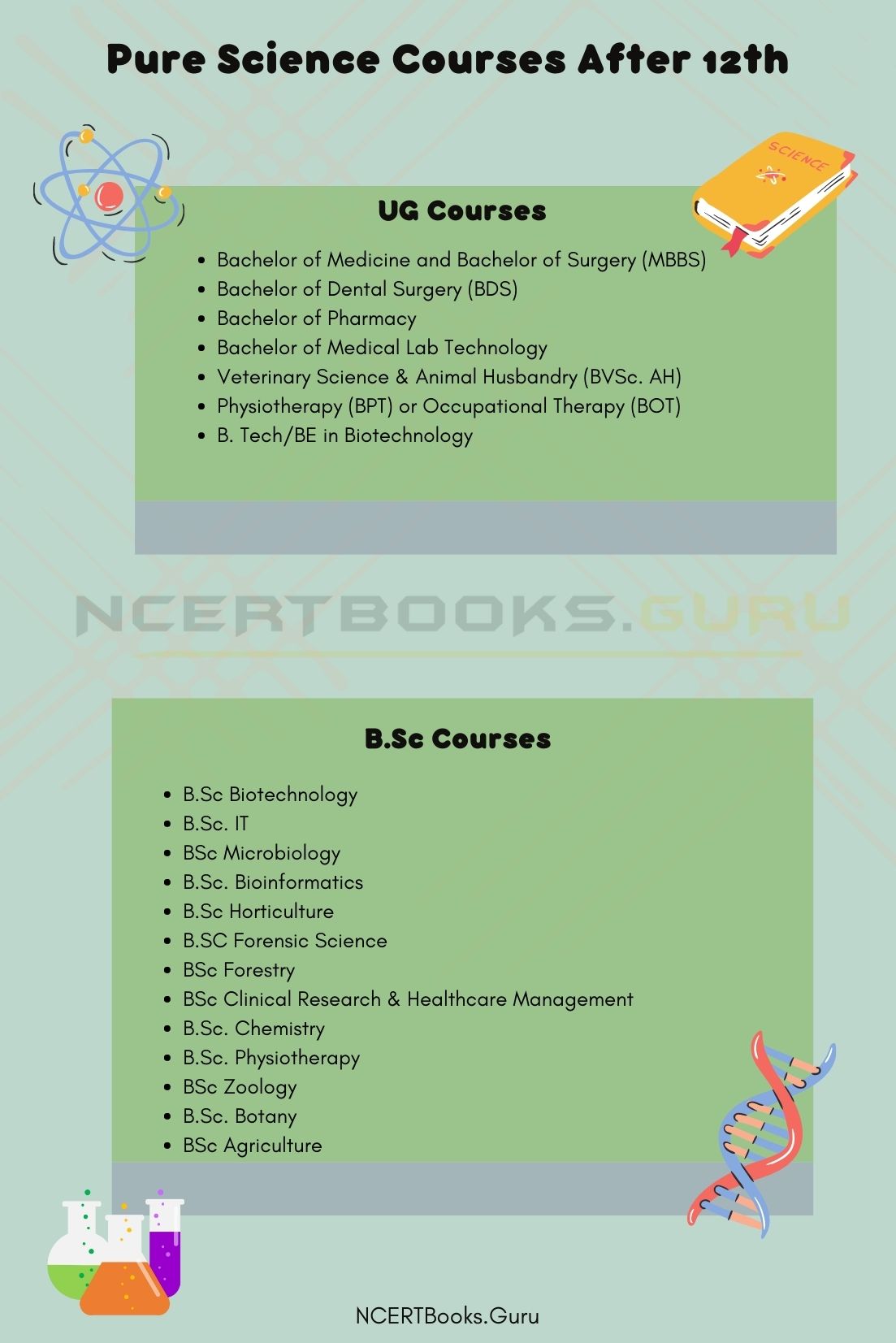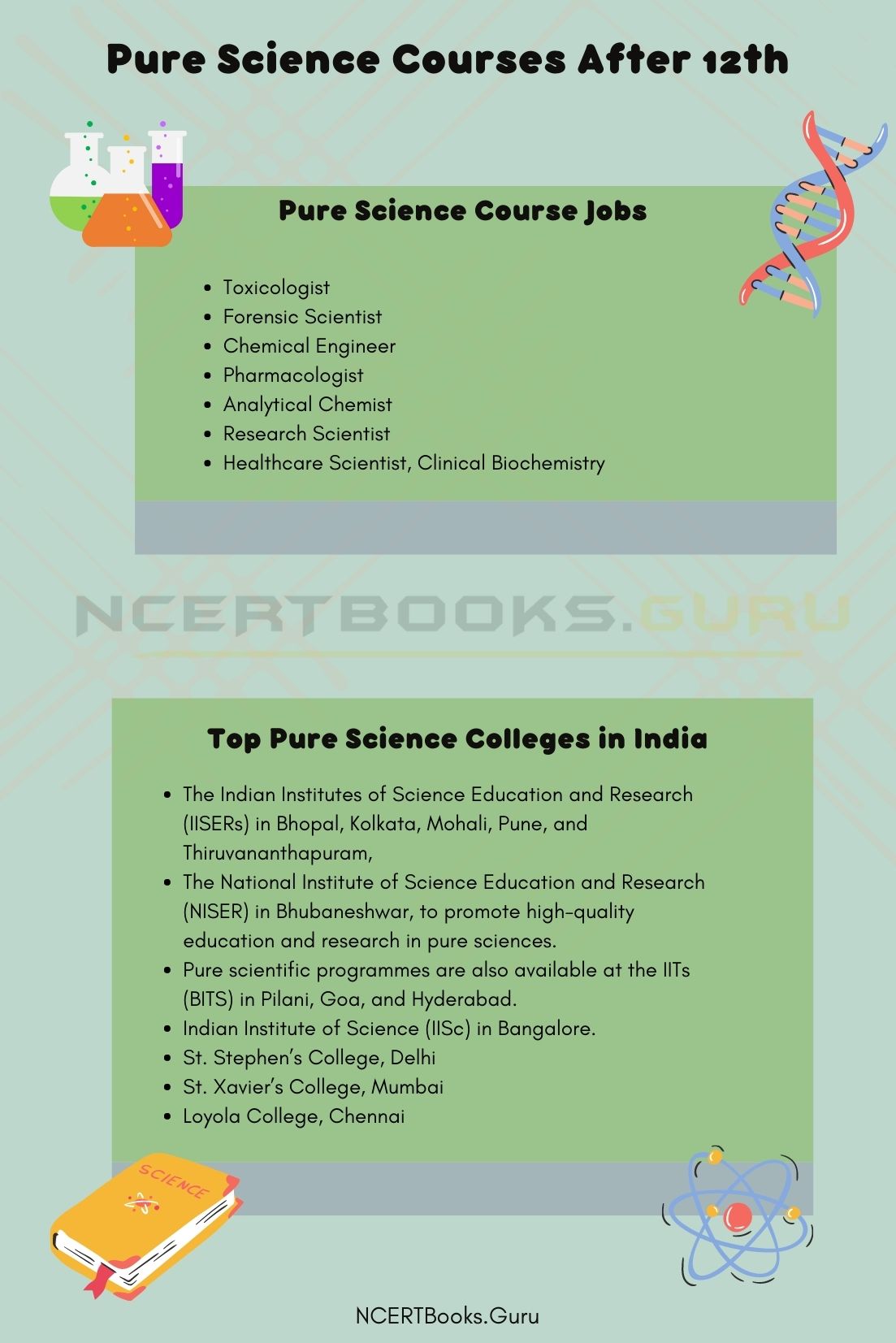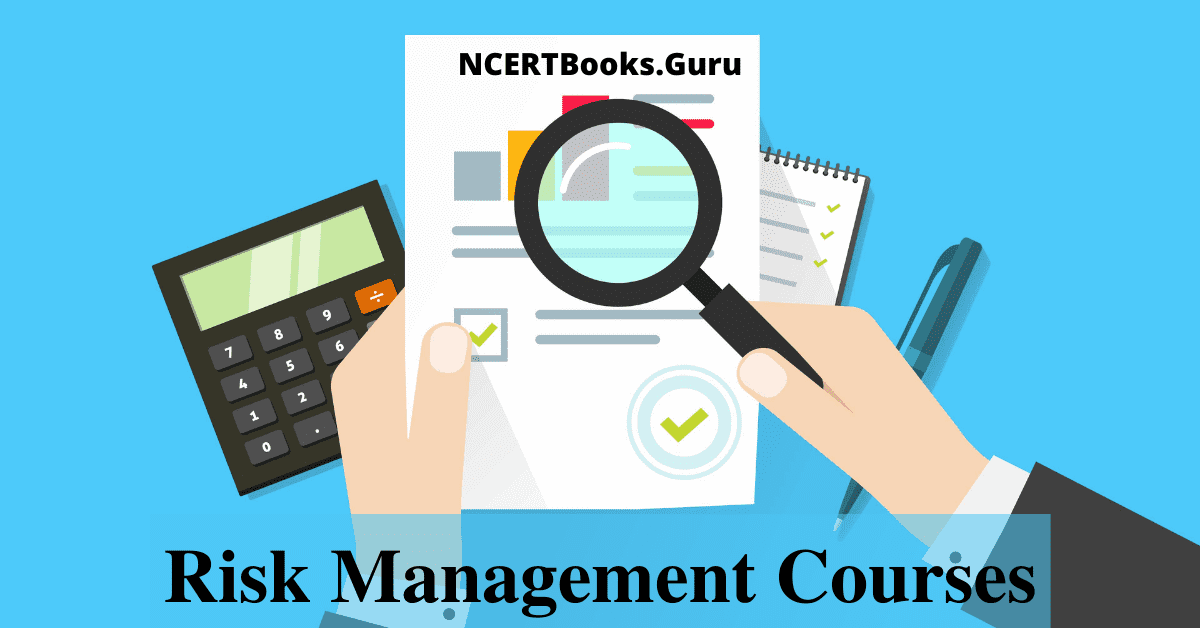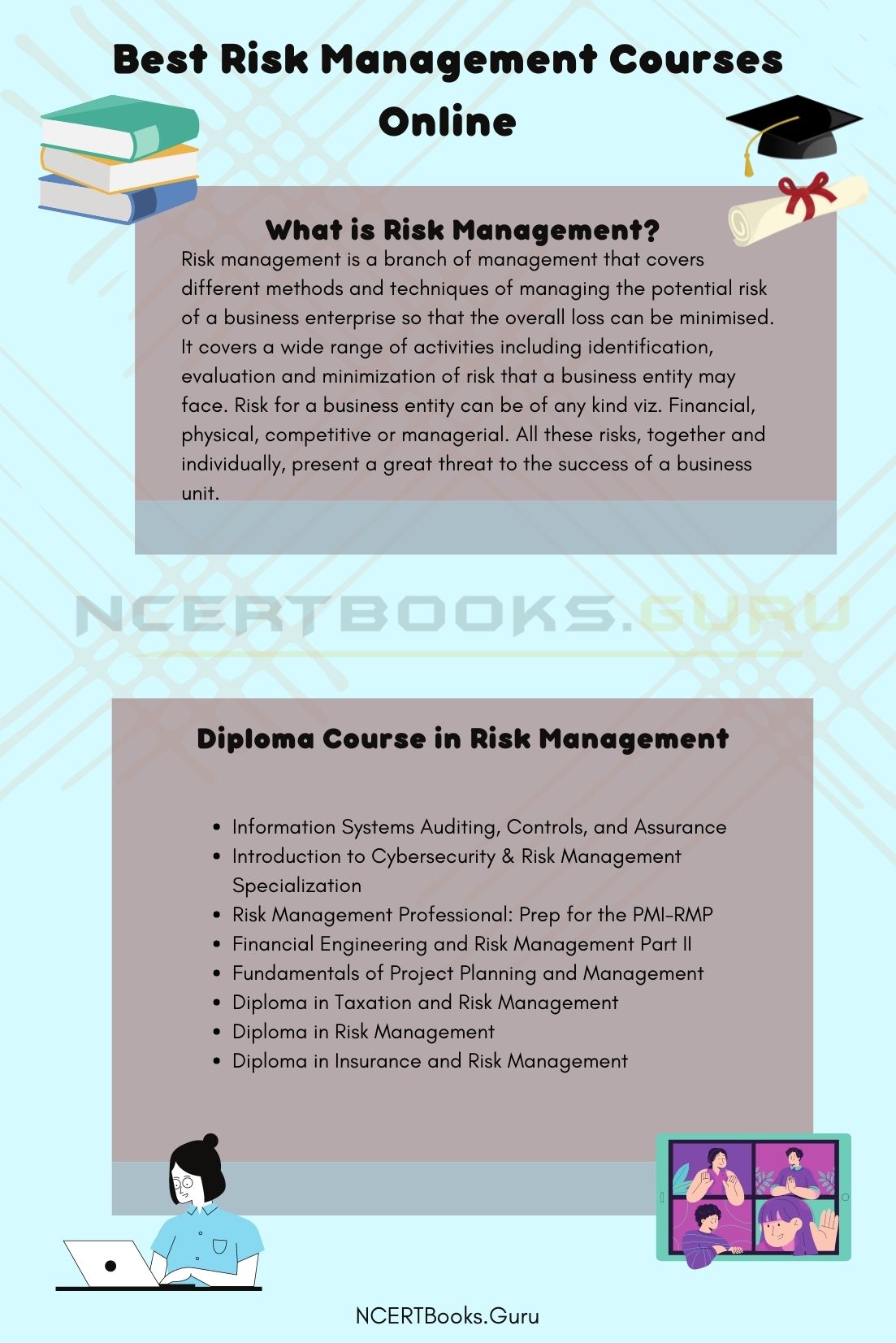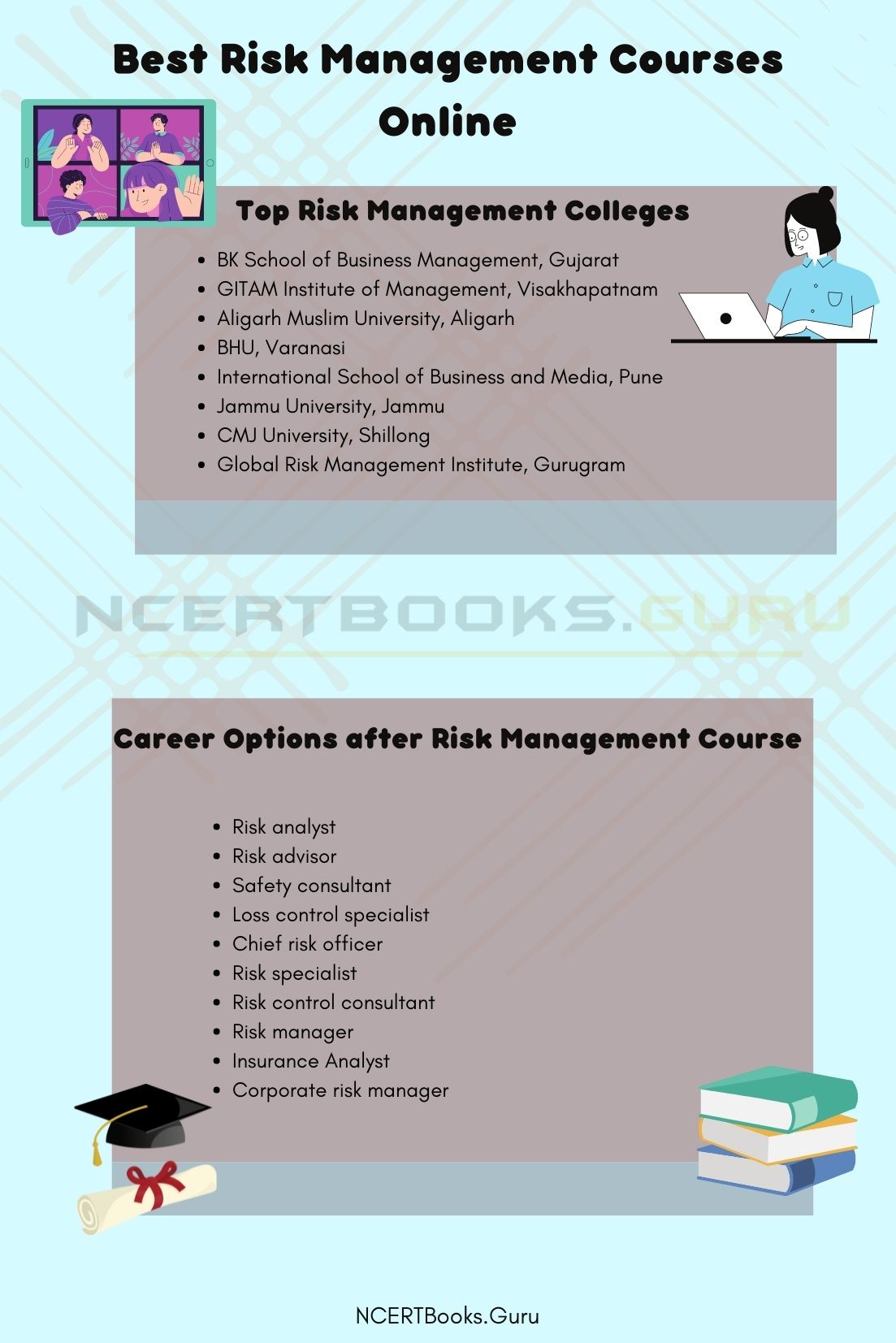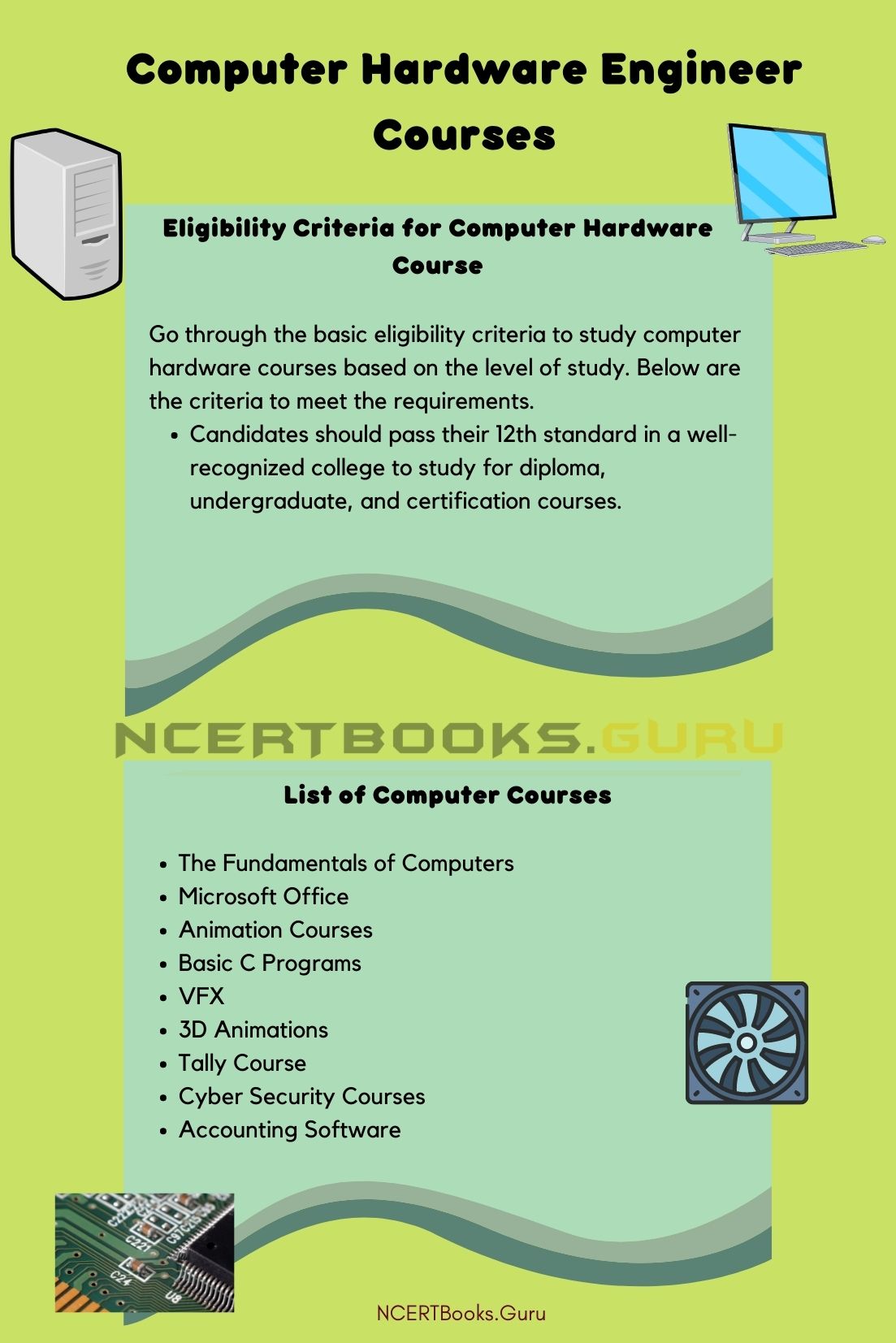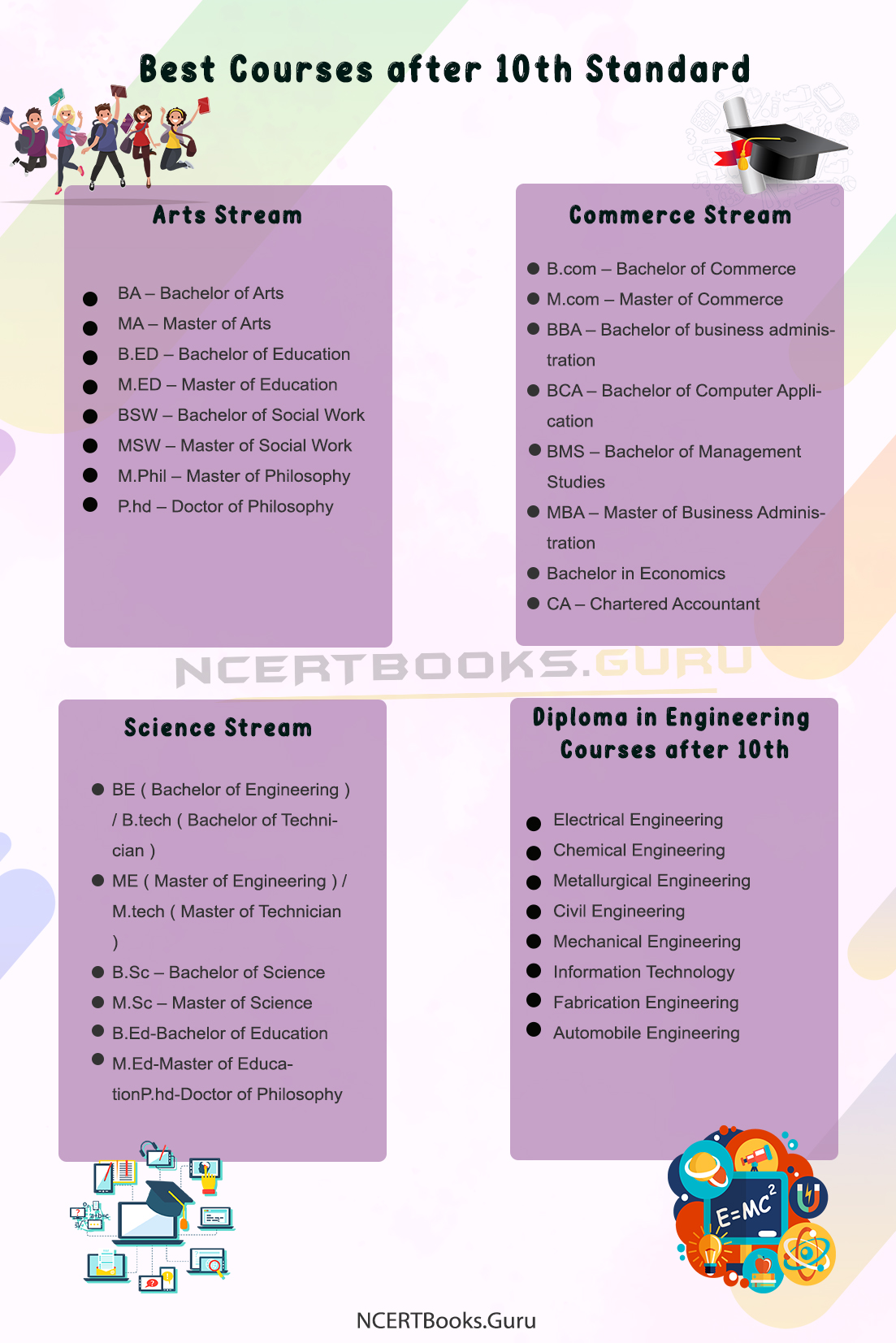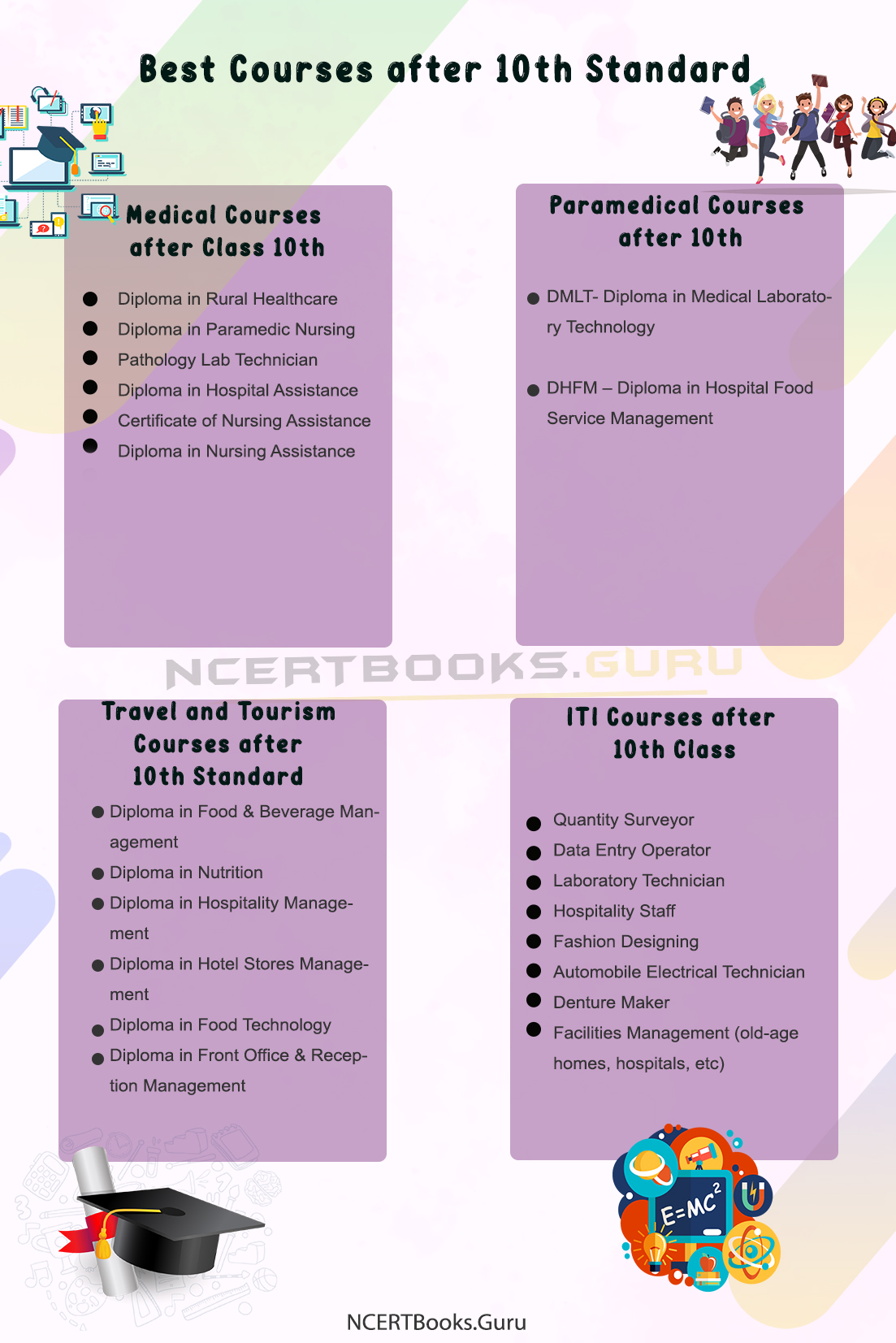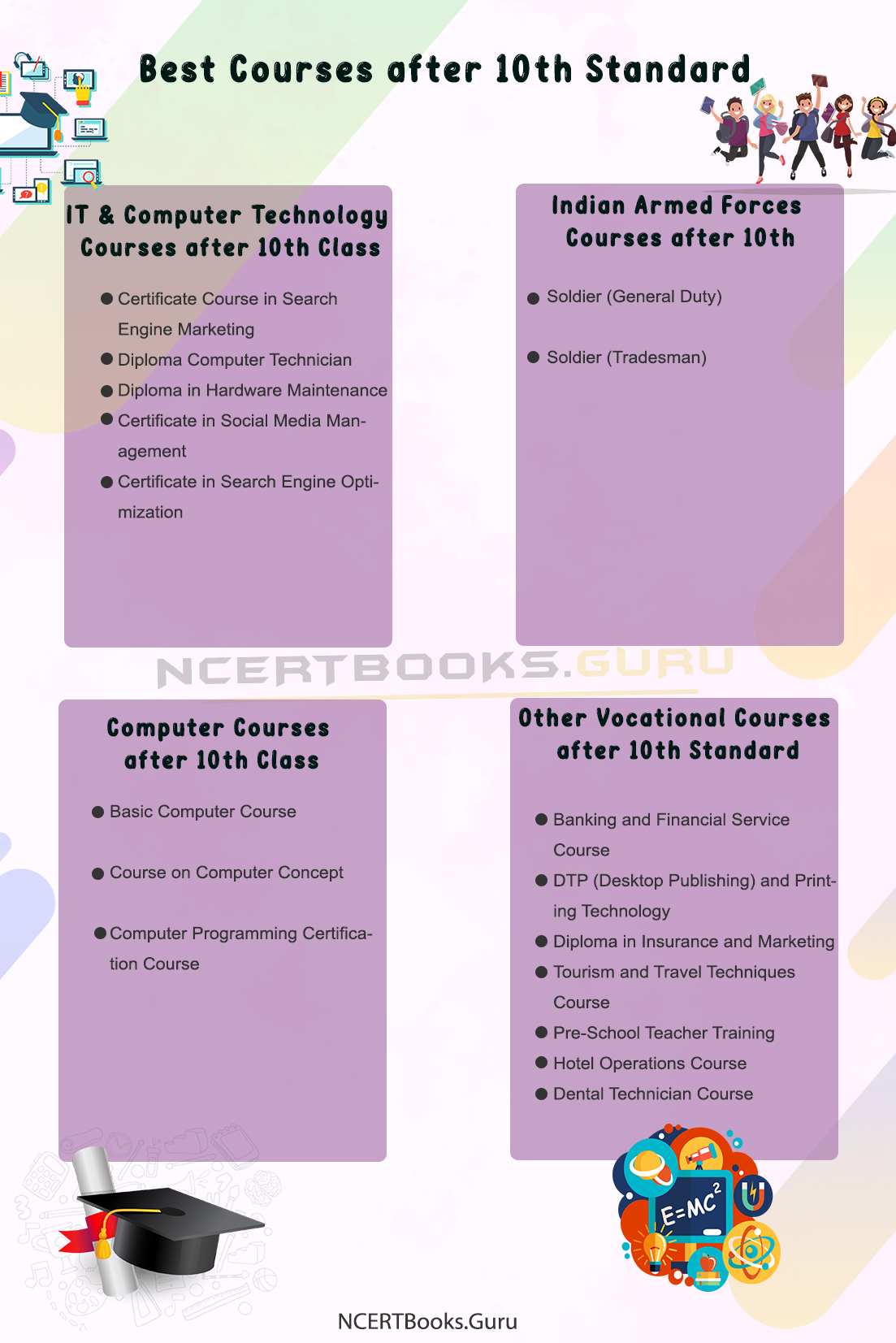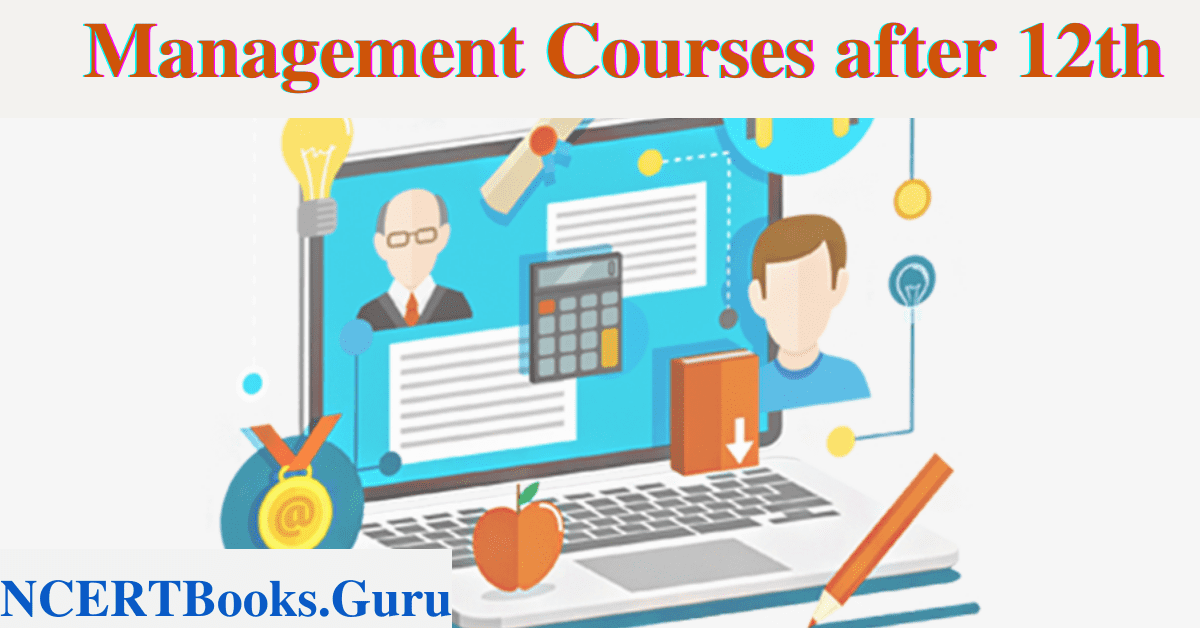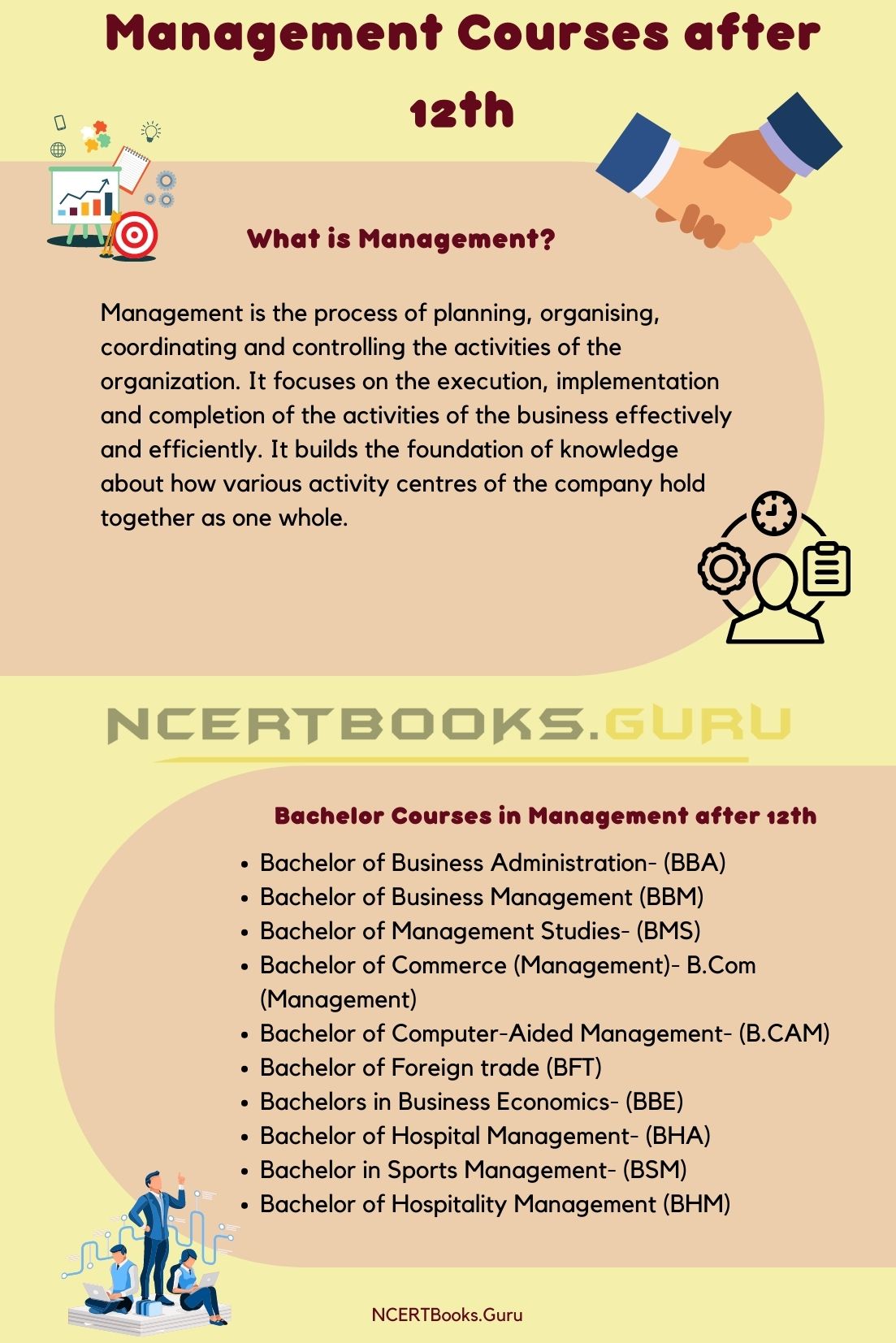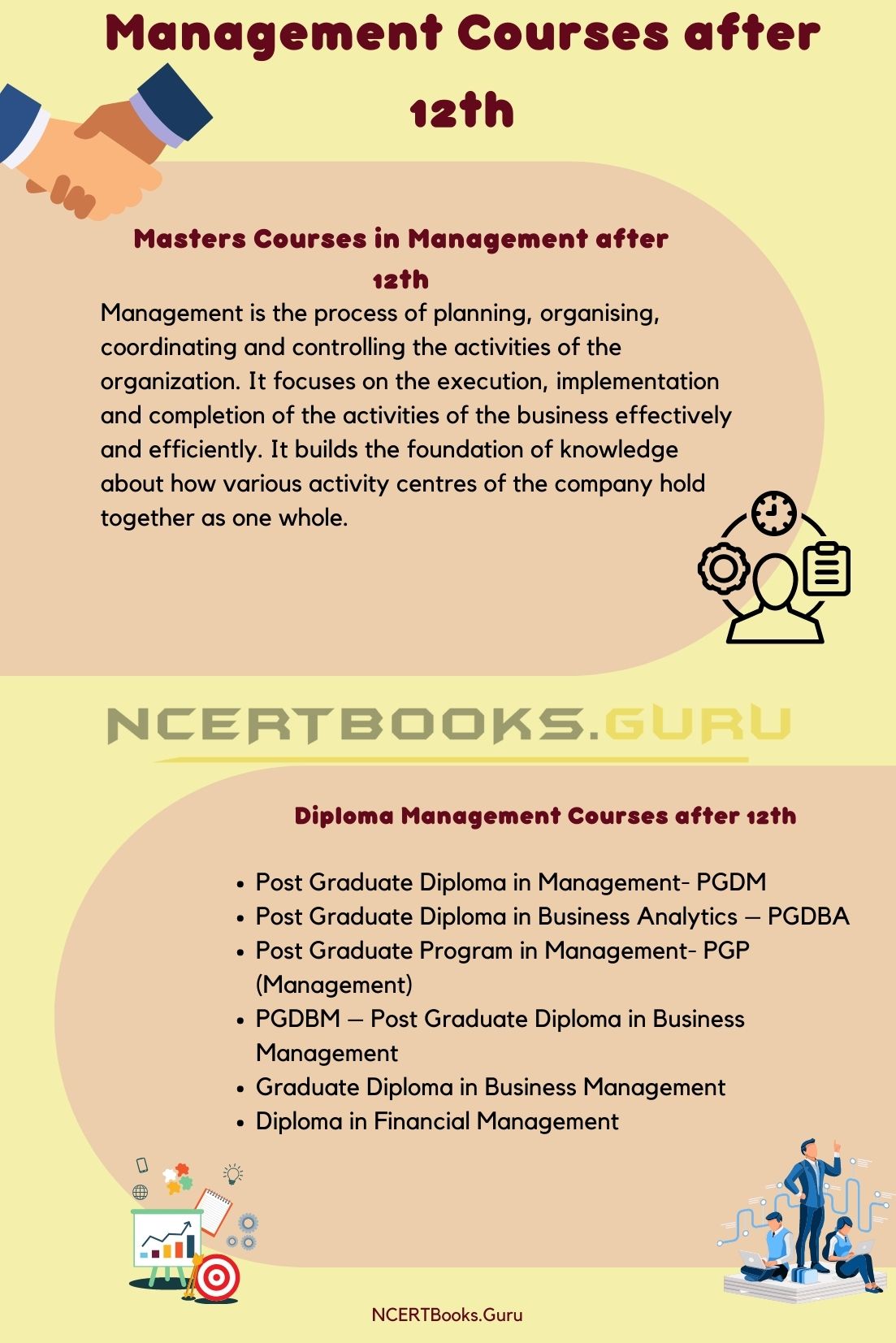Every girl on this earth will think they are good-looking. There is no limit to beauty consciousness. From small kids to old ladies, everyone will think of beauty. But this beauty consciousness will be seen mainly in young people. Every young lady will be very cautious about their look and appearance. And, even some of them have a dream of winning the title of Miss India. If you are the one, then this article will help you a lot. Check all the eligibility criteria, tools, and skills you need on How to become Miss India.
If you are dreaming of becoming Miss India, there are a lot of options to win the title. The essential beginning of becoming a Miss India is to maintain a healthy lifestyle and a proper diet. You can start it from the age of fifteen years, that is the right time every girl will get a complete look and from that time you need to take care of your look.
-
-
- Important Things to know to become Miss India
- Portfolio for Miss India
- Best Grooming Centres or Institutes to become Miss India
- How to Apply for Miss India 2022 Contest?
- What is Miss India’s Salary?
- What is the age criteria to participate in Miss India Audition?
- What is the Mode to apply for the Miss India Contest?
- What are the Qualities to become Miss India?
-
Eligibility to become Miss India | Qualities to become Miss India
If you want to win the title of Miss India you should have some specific eligibility. Let’s look into that
- You should have an age between 18-25 years to participate in the Miss India Contest.
- To participate as a Miss India you should have a minimum height of 5 inches 3 feet.
- One should also have an Indian passport to show that you are an Indian citizen.
- Your marital status should be single or unmarried to participate in the contest.
- You should have plenty of knowledge about the current affairs of the country.
- Apart from all of this, you should be prompt. While answering the questions you should be very confident and excellent. It would help you to answer the questions boldly.
Required Skillset to become Miss India
Now, if you are eligible you should also have some skills to become Miss India.
- To become a Miss India you should have excellent communication skills, it will help you to interact with the people in the contest.
- The main important skill to become Miss India is to be very smart and trendy. You should look pleasant in appearance.
- Along with this, you should have knowledge of recent news and developments.
- In addition to all, you should be a very outspoken girl.
- You must be very graceful and sober. This is one of the best qualities to become Miss India.
Along with having mental ability skills, you should also have dressing skills and Makeup skills if you want to become Miss India. Let’s know about those skills.
Required Dressing Skills
Every girl who has good dressing skills will have a beautiful appearance. Mainly, If you are going to participate in the beauty contest you should have a good dressing sense.
Choose Good Fit: If you are choosing lingerie as your preference, try it as it should be a good fit for your body. If you use loose ones it will look ‘d’ shaped. You should have a perfect look for a beauty contest. Use branded lingerie and nice colors.
Attractive Clothing: Choose Nice and attractive clothes. You should have a proper vision of wearing clothes for the right place. You should be comfortable with your clothes then only you can properly walk on the ramp.
Matching Accessories: Another important thing is you should choose matching accessories along with the attire. It is another important factor in dressing skills. Never keep anything that does not match your apparel or style.If you want you can consult a designer to choose. They will guide you and give you the best choices.
Confident Walk: Another important thing is you need to walk confidently on heels. If you are not confident you can’t walk on the ramp. Practice it more if you are not confident.
Required Make-Up Skills
Along with the dressing skills, you should also have good makeup skills.
- We need to try first by using light makeup as we are doing our own. A lovely makeup will give a flawless look which is important. Start with good makeup for eyes with eyeliners and mascaras. If eyes are good, total makeup will look good.
- If you are unable to do it you can just join the make-up school they will teach you the art of makeup. They will show you how perfectly you need to use the brush.
Buy a branded make-up kit that will add extra glamour to your skin to look beautiful. Before doing makeup you must be aware of the climate of the place. If you can do it on your own it will give you more confidence. - Keep your mind free from stress and be happy you will be more beautiful. You can also see many youtube tutorials and you can do your own makeup.
Do Refer:
Important Things to know to become Miss India
To become Miss India you should also follow some important things. They are
Personality Development: First thing you need to do is to give importance to personality development. You should always have positive thinking and you should be confident that you will win the title. If you are ok, you can join personality development classes. They will guide you in a better way. Short-time courses will be more helpful in these times.
Health and Fitness: You should mainly focus on your health and figure. You can better consult a dietician to make a completely healthy diet for good health. You should follow a diet very strictly. Consumption of fruits and fluids also gives you good health. They will keep you fit and healthy. To know more about Fitness check out the Fitness Courses in India and be in right shape.
Yoga: In those days if you start doing yoga you will be fit and also you will relax your mind. So that you will get a glow on your face. Staying positive is also very important. You should motivate yourself with some motivational quotes.
Portfolio for Miss India
Once you are ready for the contest you need to make your portfolio. It will reflect your status and other information. It should be done by a professional. So that professionals will be able to highlight the best part of your character. This will increase your chance to win the contest. Many people will not be more serious about their portfolios. But it also plays an important role in the contest. You should be very cautious while making the portfolio.
Check out Various Course Details organized all in one place and decide on whether to pursue a particular course or not.
Best Grooming Centres or Institutes to become Miss India
When you want to become Miss India you are representing India and its culture too. So, everything we cannot know by ourselves. But we have an opportunity to join grooming centers that get you ready for the contest. Joining an institute is the best option
Let’s see some institutes or grooming centers below:
- Style Bee Academy
- VLCC Institute of beauty and nutrition
- Tiara Pageant Training Studio
- Refinery Pageant Training Academy
How to Apply for Miss India 2022 Contest?
We will see how to apply for the Miss India contest. This process will be changing year by year. These steps I am showing are based on previous years. The same steps will probably be followed next year.
- First, open the official site of Miss India 2022.
- Then you will see the registration form on the page.
- You need to fill in all the details given in the registration form.
- After that, you will be asked to upload three videos i.e.Introduction, Ramp walk, and Talents.
- Then you need to upload your photo in close-up full length and mis length.
- Next, you need to upload a video that proves your nationality.
- Then you need to upload documents of your birthplace, current state, native state, and height.
- After that, by accepting the terms and conditions you can click submit
- Then you will be registered successfully.
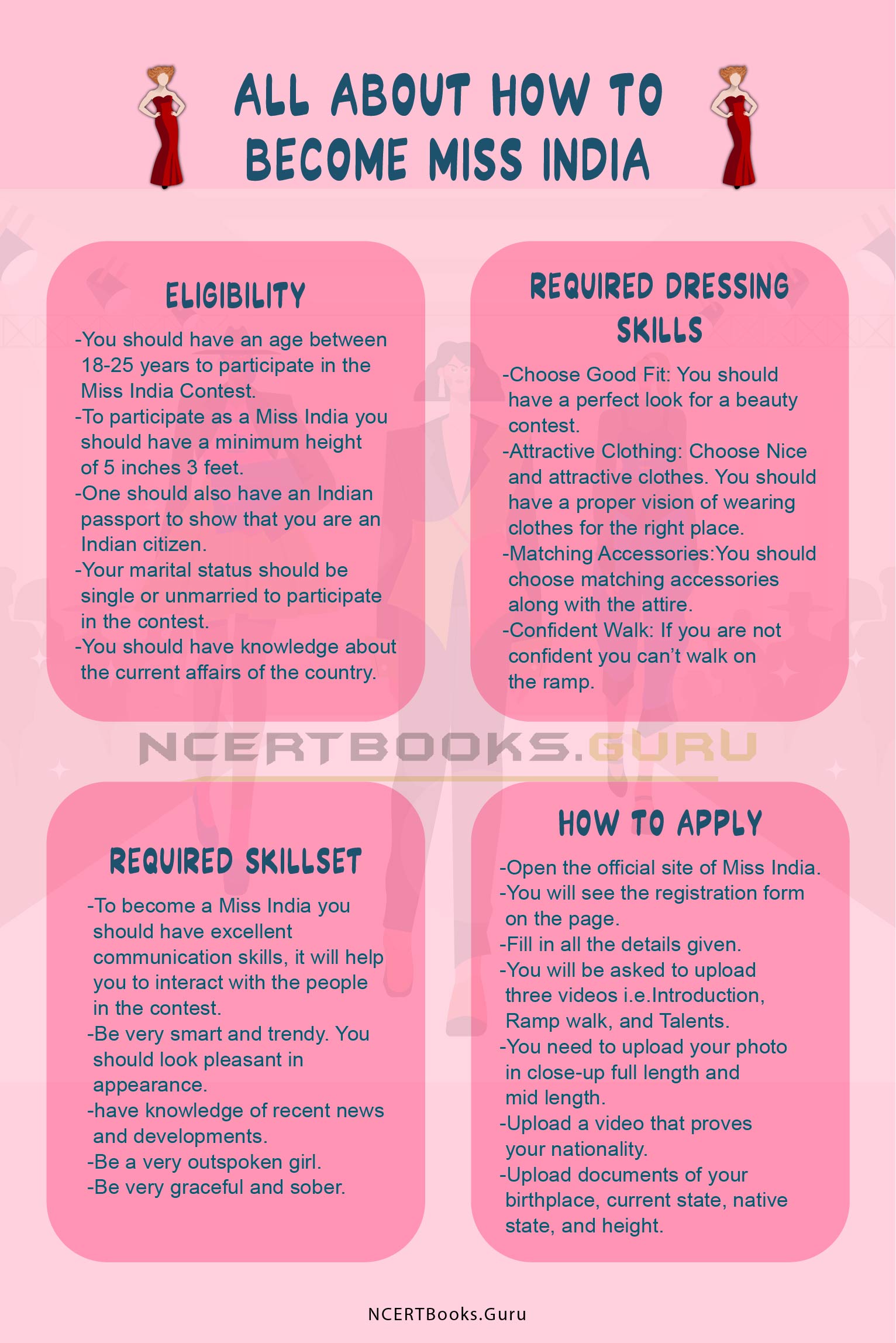
FAQs on Miss India Contest
1. What is Miss India’s Salary?
After winning the Miss India title in the contest they will give the winner Rs.1 Lakh Prize money and extensive international and national media coverage.
2. What is the age criteria to participate in Miss India Audition?
Candidates should have 18 to 25 years to participate in the Miss India Competition.
3. What is the Mode to apply for the Miss India Contest?
All Interested candidates can apply through online mode for Miss India contest Audition.
4. What are the Qualities to become Miss India?
Qualities that we have seen in Miss India Winners are their roots, elegance, demeanor, humility, and empathy.
Wrapping Up
Till now we have seen the Complete guide on How to become Miss India, We have provided you most complete information. Becoming the winner of a contest is not an easy job. The key to success in this contest is honesty and dedication. Still, if you have any doubts you can comment in the comment section. You might be interested in our article How to Become a Makeup Artist in India as well.


